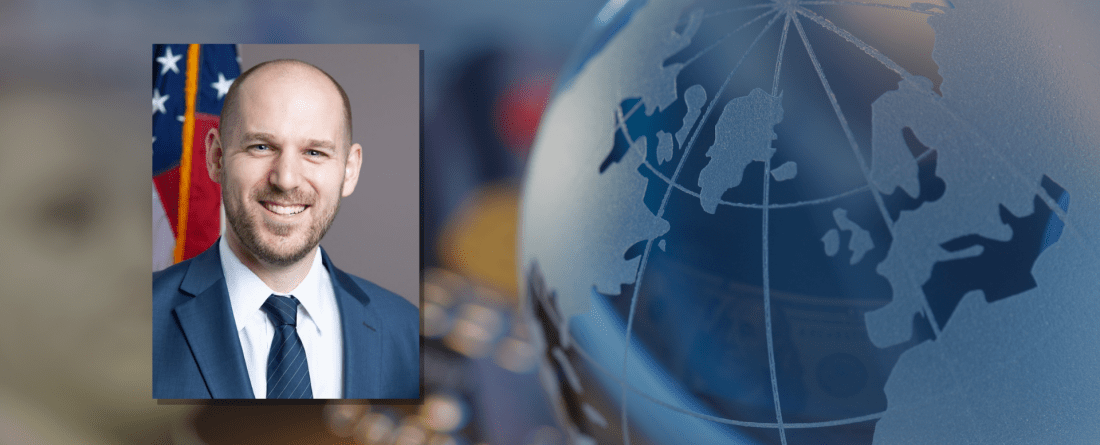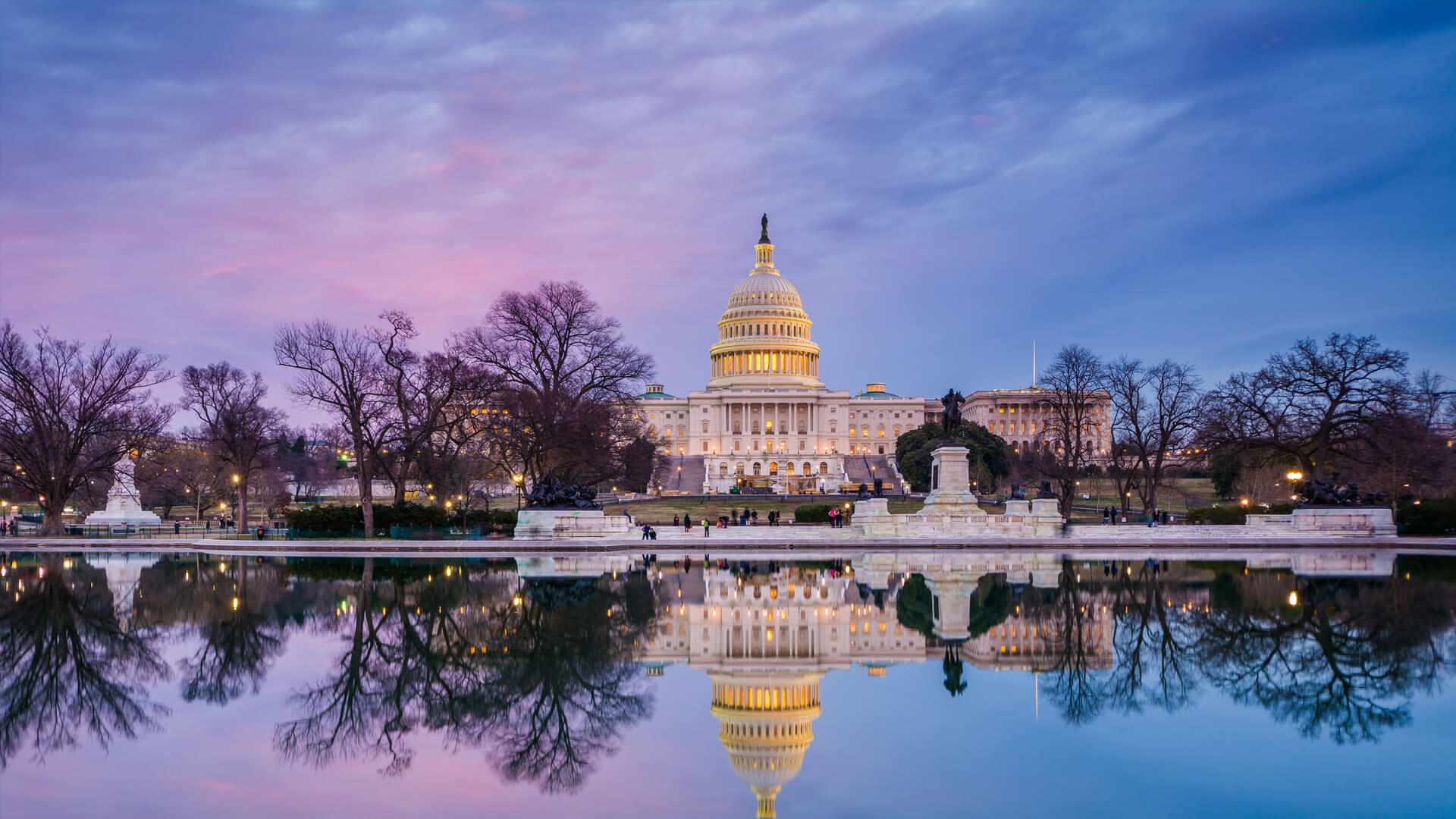
Rennie Silva MPP ‘11 felt called to a career in public service. His time as a Peace Corps Volunteer in Cambodia helped him realize that he wanted to focus on foreign policy. The next step? Graduate school.
Silva chose to study at the School of Public Policy (SPP) because of its strong reputation and its proximity to Washington, D.C., “arguably the best place in the world to study international relations.” Silva was also drawn to the caliber of SPP’s faculty, including some of the most widely-respected experts in the field of international security and economic policy and the unique resources that University of Maryland offers as a research university.
Prior to becoming a Foreign Service Officer in the career track of political affairs, Silva was a Presidential Management Fellow, working in the State Department’s Bureau of Political-Military Affairs and at the Pentagon. He cites his decision to enroll at SPP as one of the best decisions of his career and one that has much to do with where he is now.
“Doing the thing that I studied at SPP has been, in many ways, a dream come true,” Silva said. “I came to Maryland with passion, commitment, and initiative, and SPP gave me the knowledge, skills, and connections to translate that into a successful career.”
One of Silva’s favorite things about his time at SPP was the opportunity to interact directly with high-level government officials and subject matter experts as a graduate student. During his first week of graduate school he was invited by the dean to attend an intimate dinner on campus and found himself seated directly across the table from then-U.S. Assistant Attorney General for Civil Rights and future Secretary of Labor Thomas Perez.
“An experience like that in my first week showed me that I had made the right decision in coming to the School of Public Policy,” Silva said. “The chance to have a conversation with someone I really admired stood out to me, and continues to represent what I love most about SPP.”
Silva himself was elected to student government at the University of Maryland and was also involved in a week-long joint policy exercise with Russian students from the Institute of USA and Canadian Studies. He says that the skills he obtained have benefitted him in his career, including learning how to write persuasively, analyze political issues for a variety of audiences, and develop consensus-based solutions.
Taking an International Security Policy course built around the importance of understanding counter-part countries’ perspectives on nuclear deterrence, NATO expansion, cyber operations, and many other topics, then negotiating with a group of Russian students has been particularly helpful to Silva’s current posting at Embassy Vilnius in Lithuania.
“In order to make a difference, you have to be fluent in the ideas and philosophies that underpin our public institutions and our lives, and Maryland offers that,” said Silva.
For him, serving overseas brought into focus unifying themes and cross-cutting issue sets that transcend international borders. Moreover, the courses that he took at Maryland that focused on teaching leadership and that emphasized the importance of diversity and inclusion have served him well as a diplomat, a field where relationship-building and communication are essential and at a time when it is more important than ever for representatives of the United States to lead by the power of their example. Silva still continues to draw inspiration and support from his network of former professors and friends and mentors at SPP.
“The advice I would give to students is to choose a program that aligns not only with your career goals and ambitions, but also with your values, that will help you turn your ideals into action,” Silva noted. "For me, that was SPP.”



